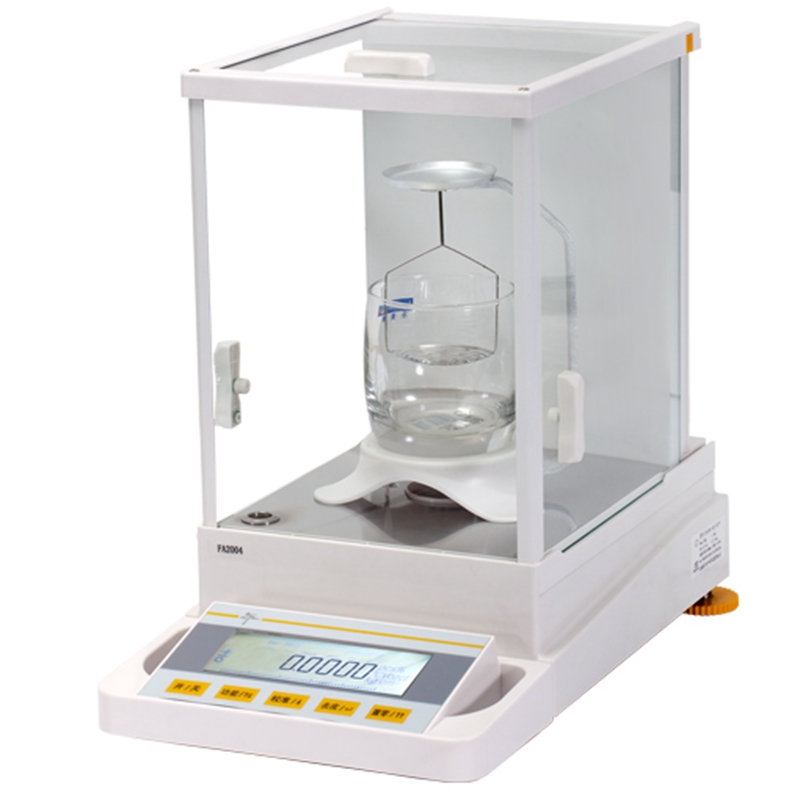computer control universal tensile testing machine
Computer Control Universal Tensile Testing Machine An Overview
In the field of material science and engineering, understanding the mechanical properties of materials is vital. One of the most fundamental methods to evaluate these properties is through tensile testing. The computer control universal tensile testing machine plays a crucial role in this process, transforming the way we test the tensile strength, elongation, and other mechanical properties of various materials.
A computer control universal tensile testing machine is designed to perform precise tensile tests on materials ranging from metals and plastics to composites and textiles. The machine operates under controlled conditions, ensuring accuracy and reproducibility in results. The integration of computer control allows for sophisticated data acquisition, analysis, and reporting, making it a valuable tool in research and industrial applications.
The primary function of this machine is to apply a uniaxial tensile force to a specimen until failure. The process begins with the specimen, which is prepared according to standardized dimensions and configurations. It is securely clamped at both ends within the machine's gripping system. Once the specimen is in place, the testing program, configured through the machine’s computer interface, initiates the test by gradually applying force. The machine measures the load and the corresponding elongation of the specimen in real-time.
One of the significant advantages of using a computer-controlled tensile testing machine is the ability to perform tests according to international standards, such as ASTM and ISO. These standards ensure that the test results are comparable across different laboratories and industries. The machine can also be set up to perform various test types, including static and dynamic tensile tests, cyclic loading tests, and stress-strain analysis.
computer control universal tensile testing machine

Moreover, the machine's software provides advanced functionalities, such as automatic data logging and real-time graphical output. As the tensile test progresses, the software generates stress-strain curves, highlighting key characteristics such as yield strength, ultimate tensile strength, and percent elongation. These curves are invaluable for engineers and researchers, as they provide insights into material behavior under stress conditions.
The implications of accurate tensile testing are profound. In industries such as construction, automotive, aerospace, and manufacturing, knowing the material properties helps engineers and designers make informed choices. For instance, understanding tensile strength can influence the selection of materials for critical components where failure could result in catastrophic consequences. Additionally, ongoing quality control testing ensures that materials meet specific strength requirements, enhancing product reliability and safety.
Furthermore, advancements in technology have led to the development of more sophisticated testing machines. Modern computer-controlled universal tensile testing machines can incorporate additional features such as environmental chambers for testing materials at various temperatures and humidity levels. This capability is essential for materials that will operate under extreme conditions.
In conclusion, the computer control universal tensile testing machine is an indispensable tool in the evaluation of material properties. Its precision, adaptability to various testing standards, and advanced data analysis capabilities contribute significantly to the fields of research and industry. As technology continues to evolve, these machines promise to enhance our understanding of materials, facilitating innovations across numerous applications. The continuous refinement of testing methods will ultimately lead to safer, more efficient, and higher-performing products for a wide range of industries.
-
Why the Conductor Resistance Constant Temperature Measurement Machine Redefines Precision
NewsJun.20,2025
-
Reliable Testing Starts Here: Why the High Insulation Resistance Measuring Instrument Is a Must-Have
NewsJun.20,2025
-
Flexible Cable Flexing Test Equipment: The Precision Standard for Cable Durability and Performance Testing
NewsJun.20,2025
-
Digital Measurement Projector: Precision Visualization for Modern Manufacturing
NewsJun.20,2025
-
Computer Control Electronic Tensile Tester: Precision and Power for the Modern Metal Industry
NewsJun.20,2025
-
Cable Spark Tester: Your Ultimate Insulation Assurance for Wire and Cable Testing
NewsJun.20,2025
 Copyright © 2025 Hebei Fangyuan Instrument & Equipment Co.,Ltd. All Rights Reserved. Sitemap | Privacy Policy
Copyright © 2025 Hebei Fangyuan Instrument & Equipment Co.,Ltd. All Rights Reserved. Sitemap | Privacy Policy
